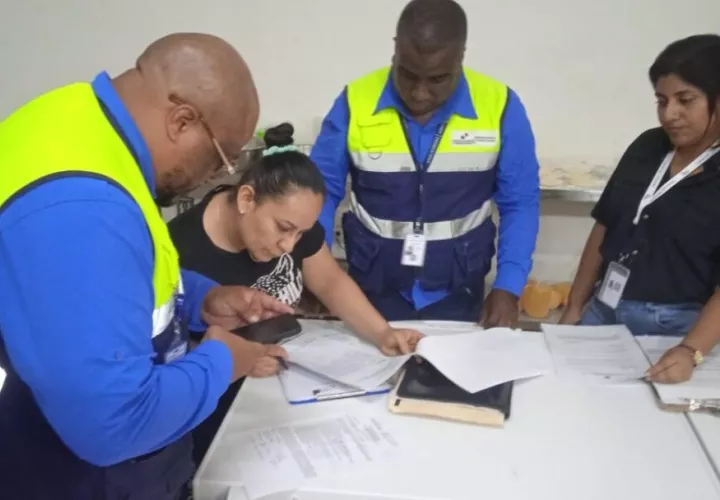New Variant of Monkeypox has not yet Reached Panama

Following the announcement by the World Health Organization (WHO) declaring an international health emergency due to the outbreak of the mpox virus, also known as monkeypox, the Ministry of Health (Minsa) reported that it will maintain epidemiological surveillance in the country.
The WHO alert was confirmed due to the increase in cases of the mpox virus since December 2023 in the Democratic Republic of the Congo, where 15,600 people have been affected and 537 deaths have been recorded. The virus has also spread to 15 countries on the continent, including Uganda, Kenya and Rwanda. Pablo González, from the National Contact Point for International Health Regulations of the Department of Epidemiology of the Minsa, explained that the new variant, known as clade 1B, is more severe, aggressive and contagious compared to clade 2B, which was registered in early 2022.
González reported that “this variant has not been registered in Panama; however, we are awaiting the temporary recommendations provided by the WHO.” Four cases of monkeypox have been recorded in Panama in 2024, bringing the total number of cases since 2022, when the virus was first detected in the country, to 241. González, from the Department of Epidemiology, pointed out that the disease is not only transmitted sexually, it can also spread through direct contact with an infected person, through secretions and bodily injuries.
The Minsa authorities clarify that this variant of the virus does not exist in the country; however, they will maintain epidemiological surveillance following the recommendations of the WHO. Mpox (monkeypox) is an infectious disease caused by the monkeypox virus. It can cause a painful rash, enlarged lymph nodes and fever. Most people fully recover, but some get very sick. Anyone can get mpox.
It spreads from contact with infected persons, through touch, kissing, or sex, when hunting animals, skinning, or cooking them, materials such as contaminated sheets, clothes or needles, pregnant persons who may pass the virus on to their unborn baby.
The disease mpox (formerly monkeypox) is caused by the monkeypox virus (commonly abbreviated as MPXV), an enveloped double-stranded DNA virus of the Orthopoxvirus genus in the Poxviridae family, which includes variola, cowpox, vaccinia and other viruses. The two genetic clades of the virus are clades I and II.
The monkeypox virus was discovered in Denmark (1958) in monkeys kept for research and the first reported human case of mpox was a nine-month-old boy in the Democratic Republic of the Congo (DRC, 1970). Mpox can spread from person to person or occasionally from animals to people. Following eradication of smallpox in 1980 and the end of smallpox vaccination worldwide, mpox steadily emerged in central, east and west Africa. A global outbreak occurred in 2022–2023.
The source of the virus is unknown – various small mammals such as squirrels and monkeys are susceptible.





